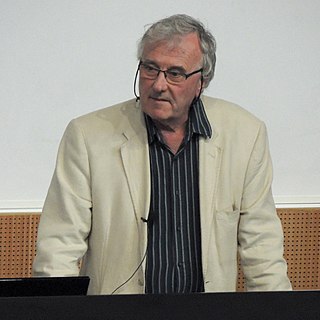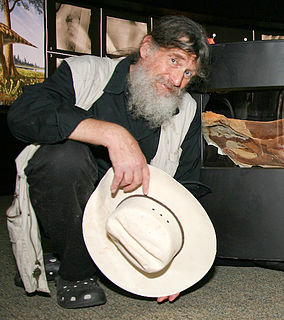A Quote by Richard Fortey
I believe profoundly in the importance of museums; I would go as far as to say that you can judge a society by the quality of its museums.
Related Quotes
People are going to have a good time, you know. One can go have a good time at these big openings in museums. And people go to have a good time. But the thing has another purpose.In the case of museums, it's always got to do with money, people who donate and things like that. And I believe a certain kind of interest has to be demonstrated.
When museums are built these days, architects, directors, and trustees seem most concerned about social space: places to have parties, eat dinner, wine-and-dine donors. Sure, these are important these days - museums have to bring in money - but they gobble up space and push the art itself far away from the entrance.





































